Introduction
Atopic dermatitis (AD), a chronic skin condition, significantly affects patients’ physical, emotional, and social well-being. Therefore, Quality of Life Index for Atopic Dermatitis (QoLIAD) is critical for effective treatment and research.
The Quality of Life Index for Atopic Dermatitis (QoLIAD), developed in 2004 by D. Whalley, S.P. McKenna, A.L. Dewar, R.A. Erdman, T. Kohlmann, M. Niero, S.A. Cook, B. Crickx, M.J. Herdman, F. Frech and D. Van Assche, Originally published by Oxford University Press. With over 250 citations on Google Scholar, the QoLIAD offers a robust, condition-specific tool for this purpose (Whalley et al., 2004). The QoLIAD evaluates the multifaceted burden of AD through a unidimensional 25-item questionnaire.
In this article, we explore its features, applications, and relevance for researchers and clinicians, providing actionable insights to enhance patient care and study outcomes.
Key Features of the Quality of Life Index for Atopic Dermatitis (QoLIAD)
Purpose and Use
The QoLIAD assesses how atopic dermatitis affects adult patients’ quality of life, emphasizing physical, emotional, and social domains. Clinicians actively use it to evaluate patient well-being, while researchers employ it to measure treatment outcomes. Moreover, its AD-specific design ensures precision, distinguishing it from broader tools like the Dermatology Life Quality Index (DLQI).
Target Population
The QoLIAD is validated for adults (18+), including young adults (18–24), middle-aged adults (25–44), older adults (45–64), and seniors (65+). It’s tailored for patients diagnosed with Atopic dermatitis. Consequently, its broad applicability supports diverse AD patient demographics.
Structure
The QoLIAD comprises 25 items covering:
- Emotional distress: Sadness, frustration, and low mood.
- Body image and self-esteem: Embarrassment and appearance concerns.
- Social interaction: Avoidance of relationships due to AD.
- Cognitive and daily functioning: Trouble concentrating and disrupted routines.
- Chronic burden of illness: Constant preoccupation with symptoms.
Responses use a binary (yes/no) format, making it straightforward for patients to complete.
Scoring Method
The QoLIAD uses a scoring system based on a scale from 0 (not at all) to 4 (almost all the time) for each of its 25 items. Scores are calculated to provide a total score ranging from 0 to 100, with higher scores indicating a greater negative impact on quality of life due to AD. While specific cut-off scores are not predefined, the unidimensional scale offers a single, interpretable metric. Consequently, researchers and clinicians can track changes over time, particularly in response to interventions, to assess treatment efficacy.
Administration Format
The QoLIAD takes less than 5 minutes to administer, making it highly efficient. It can be conducted via:
- Paper-based forms
- Digital (Online) platforms
- In-person interviews
- Phone or video calls
Its self-administered format, requiring no specialized training, enhances its practicality for busy clinical environments.
Applications of Quality of Life Index for Atopic Dermatitis (QoLIAD)
The QoLIAD serves multiple roles in clinical and research settings:
- Screening: Identifies patients with significant QoL impairment due to AD.
- Monitoring: Tracks QoL changes over time, especially post-treatment.
- Treatment Planning: Informs tailored interventions based on patient-reported impacts.
- Research: Supports clinical trials and observational studies evaluating AD therapies.
Languages and Availability
The QoLIAD is available in English (UK and USA), with translations in other languages like:
- Spanish.
- French.
- German.
- Japanese.
- Italian.
- Dutch.
Thus, this multilingual support facilitates global research and clinical use.
The QoLIAD is a proprietary tool, No PDF link is publicly available; requiring permission for use, with potential licensing fees for commercial applications. However, academic and clinical use may be free, subject to approval from Galen Research. Contact Dr. Stephen P. McKenna at smckenna@galenresearch.com for inquiries.
Reliability and Validity
The QoLIAD demonstrates high reliability and validity, with a Person Separation Index (PSI) of 0.83 and test-retest reliability coefficients exceeding 0.85 across most language versions, and Cronbach’s alpha ranging from 0.88 to 0.94, indicating strong internal consistency (Whalley et al., 2004). For instance, its validation, detailed in the British Journal of Dermatology, confirm its robustness for AD populations. Its sensitivity to changes in disease severity makes it a reliable tool for longitudinal studies and clinical monitoring.
Validation Study:
- Original Validation Study (link)
Limitations and Considerations
However, despite its strengths, the QoLIAD has a few limitations:
- Self-report: Patients may underreport symptoms due to social desirability bias.
- Cultural Bias: May require adaptation for certain populations to ensure cultural relevance.
- Language Barriers: Availability in certain languages may be limited, potentially restricting global use.
- Limited Validation Studies: Fewer validation studies compared to tools like the DLQI may affect its perceived robustness.
Additional Resources
No PDF link is publicly available; permission is required for access.
- Access the questionnaire via Galen Research’s Measures Database
- Assessing eczema severity: A comprehensive review of scoring systems (link)
- For inquiries, contact Dr. Stephen P. McKenna at Galen Research, Enterprise House, Lloyd Street North, Manchester M15 6SE, UK, via smckenna@galenresearch.com
Frequently Asked Questions (FAQ)
- Who can use the QoLIAD?
Researchers, clinicians, and healthcare providers use the QoLIAD for adults (18+) with atopic dermatitis. - How long does it take to complete the QoLIAD?
Patients typically take less than 5 minutes to complete the 25-item questionnaire. - How is the QoLIAD administered?
It can be administered via paper-based, digital formats, Interview (in person) and phone/video call, offering flexibility for clinical and research settings. - Is there any cost to using the QoLIAD?
The QoLIAD is free for non-commercial use with permission; commercial use may require licensing fees. - What are some related tools to the QoLIAD?
Related tools include the DLQI, POEM, CDLQI, IDQOL, and PIQoL-AD.
A word from ResRef about Quality of Life Index for Atopic Dermatitis (QoLIAD)
The Quality of Life Index for Atopic Dermatitis (QoLIAD) offers a robust, condition-specific tool to assess quality of life for adults with atopic dermatitis. Although it yields a single, unidimensional score, the questionnaire thoughtfully captures key domains affected by chronic skin conditions, such as emotional well-being, social interaction, and daily functioning. However, compared to tools like the Dermatology Life Quality Index (DLQI), the QoLIAD remains less recognized in mainstream dermatology literature. Moreover, limited accessibility and proprietary licensing restrictions often challenge independent researchers and clinical teams. Consequently, broader adoption may require addressing these barriers to enhance its impact.
References
- Whalley, S.P. Mckenna, A.L. Dewar, R.A. Erdman, T. Kohlmann, M. Niero, S.A. Cook, B. Crickx, M.J. Herdman, F. Frech, D. Van Assche, A new instrument for assessing quality of life in atopic dermatitis: international development of the Quality of Life Index for Atopic Dermatitis (QoLIAD), British Journal of Dermatology, Volume 150, Issue 2, 1 February 2004, Pages 274–283, doi: 10.1111/j.1365-2133.2004.05783.x (link)
- Suresh S, Kaliyadan F. Assessing eczema severity: A comprehensive review of scoring systems. Indian J Skin Allergy. 2025;4:19-24. doi: 10.25259/IJSA_50_2024 (link)


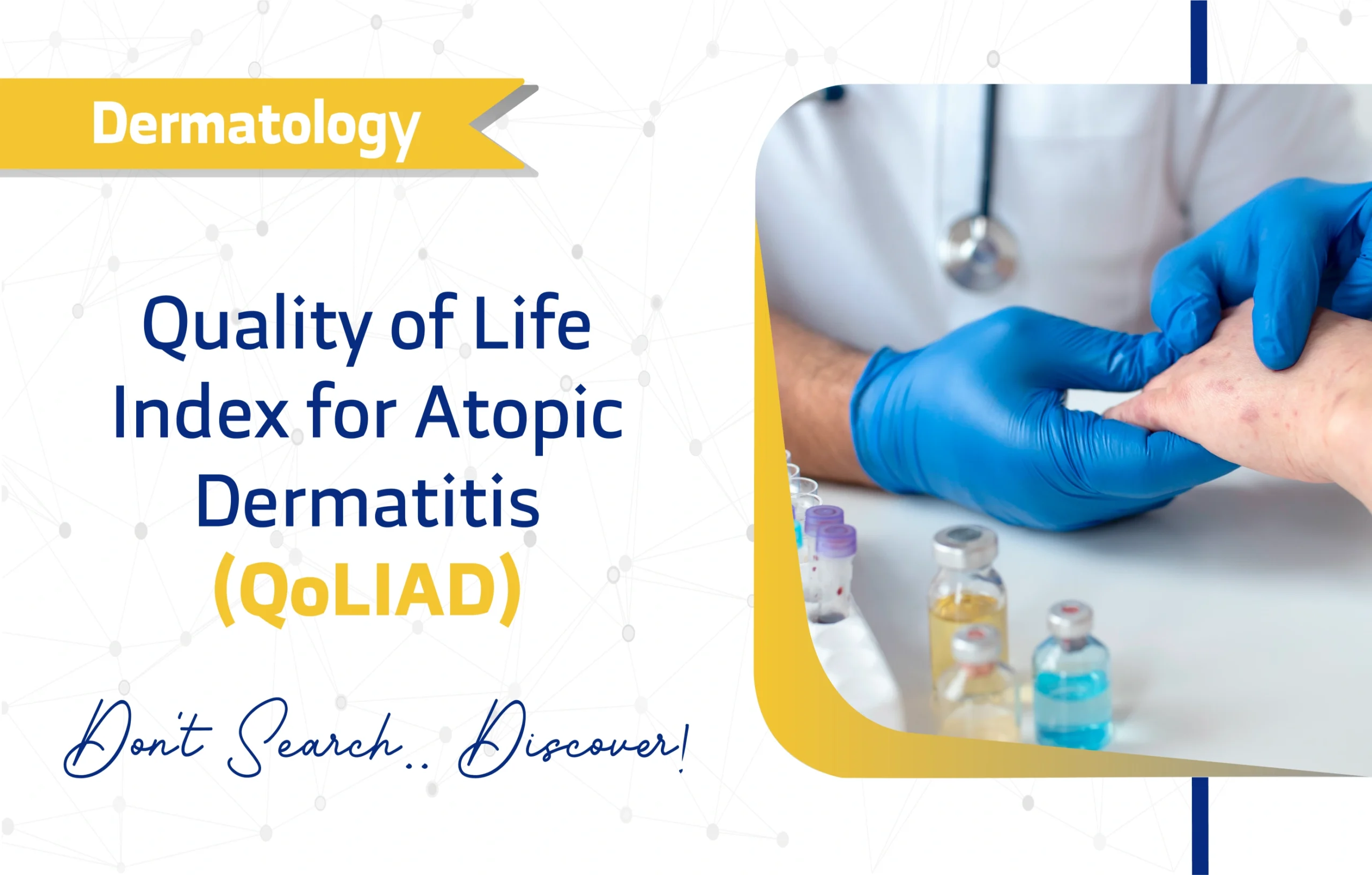
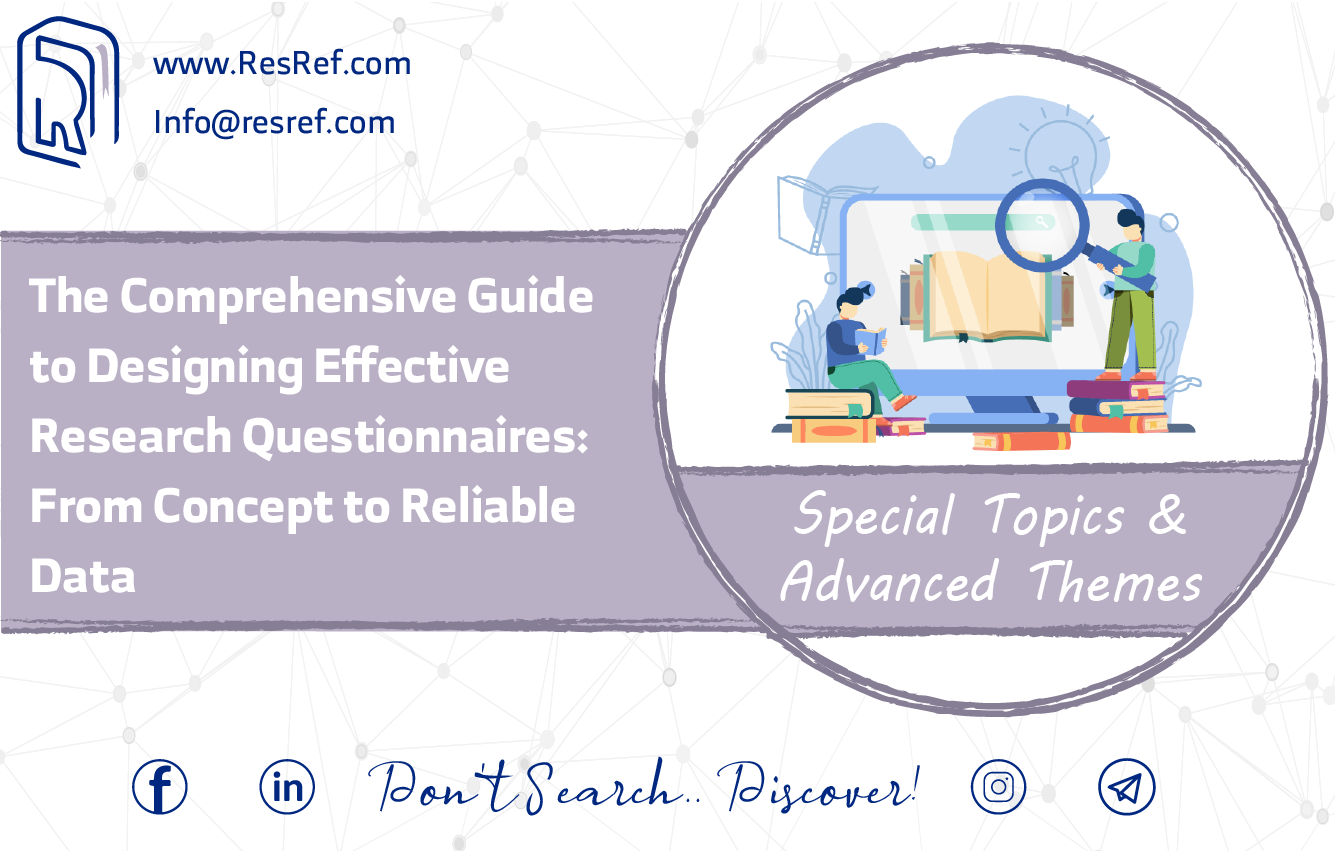
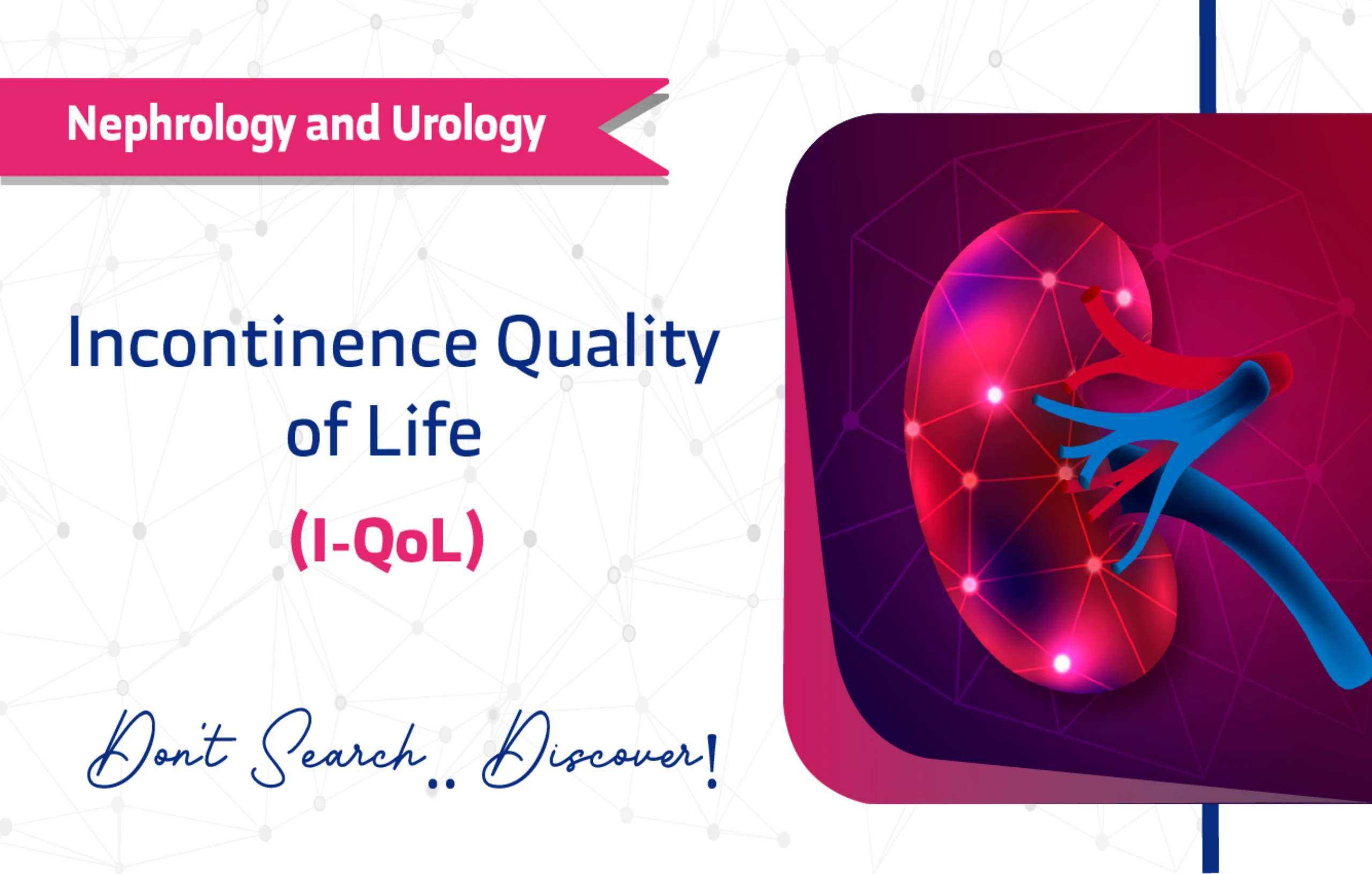


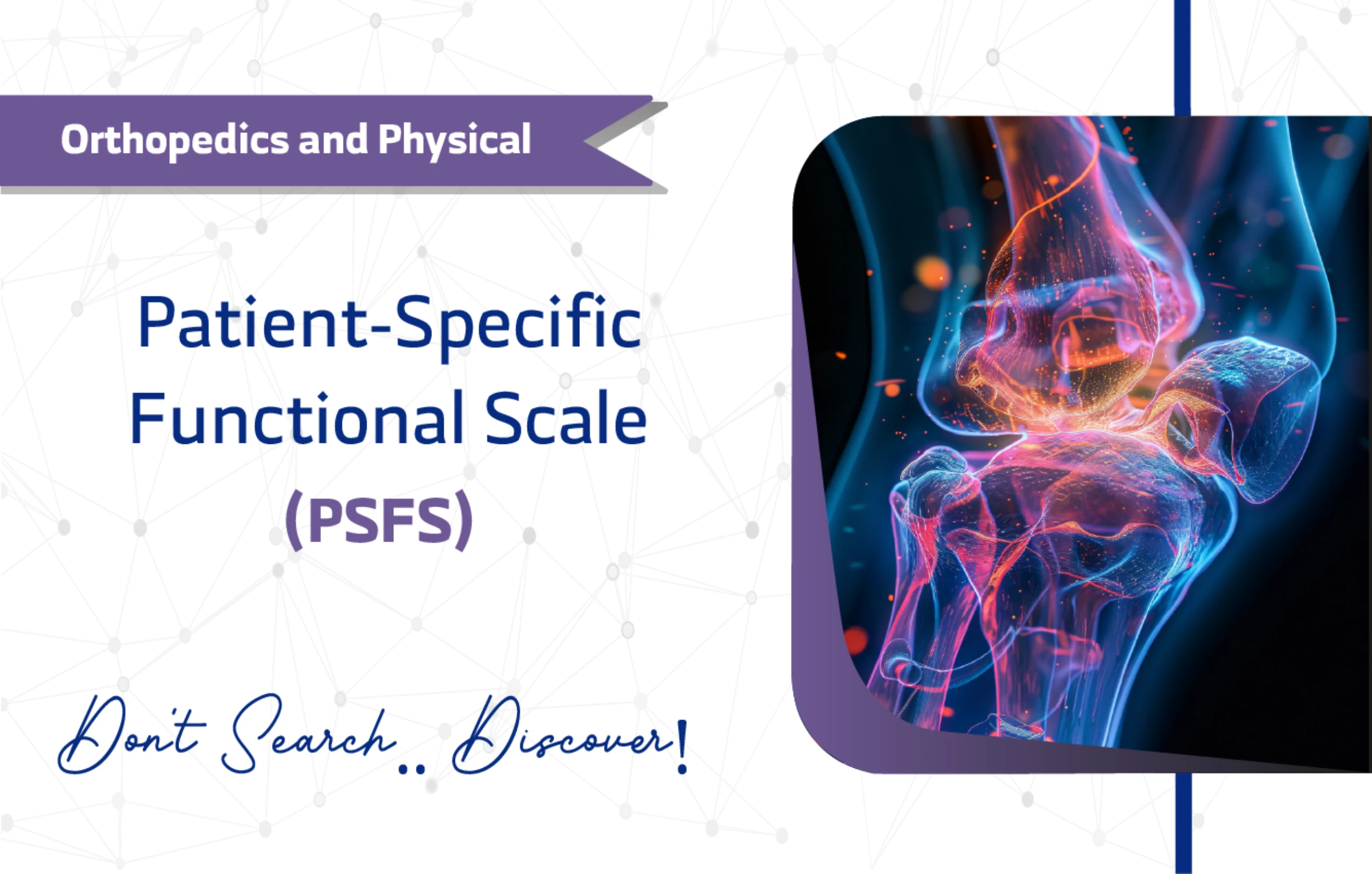
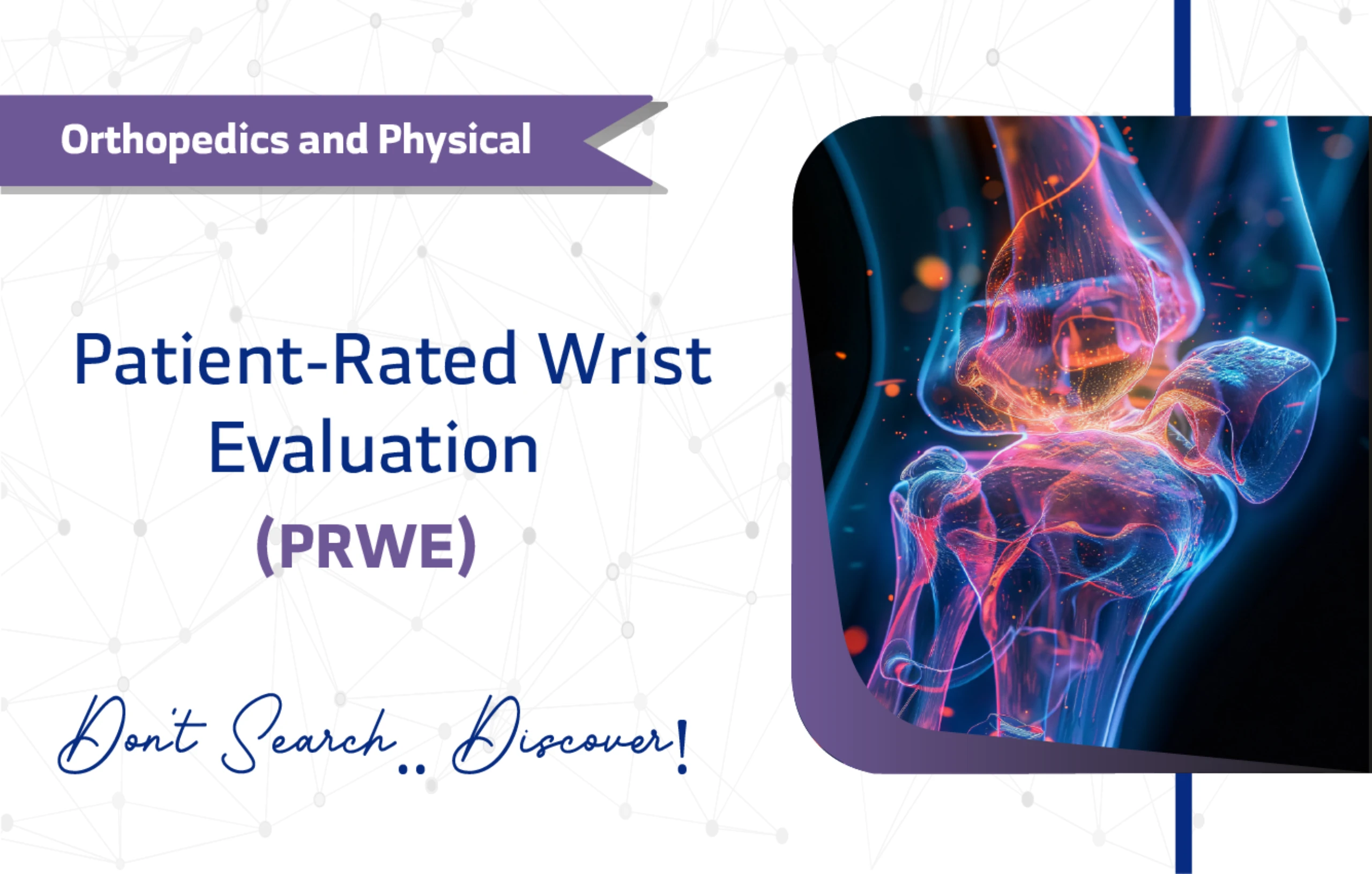
2 thoughts on “Quality of Life Index for Atopic Dermatitis (QoLIAD): A Full Guide for Researchers and Clinicians”
Your article helped me a lot, is there any more related content? Thanks!
Thank you for your sharing. I am worried that I lack creative ideas. It is your article that makes me full of hope. Thank you.